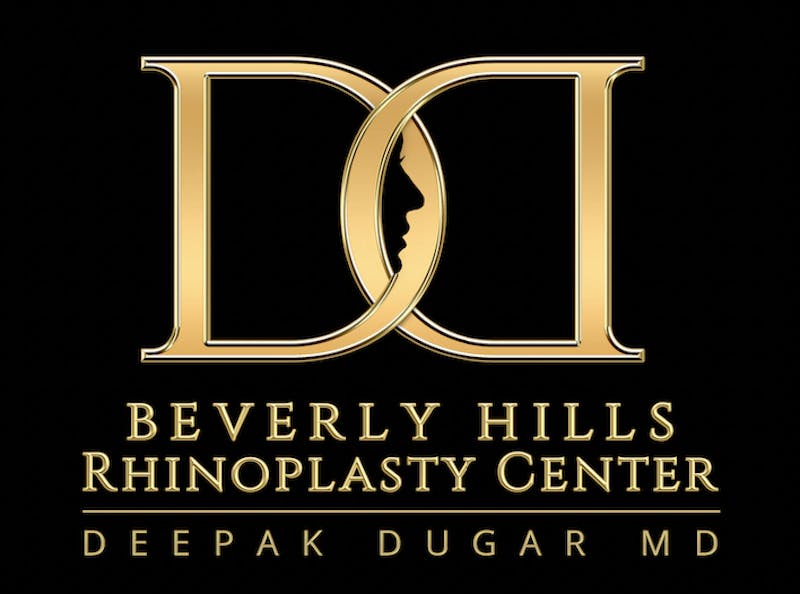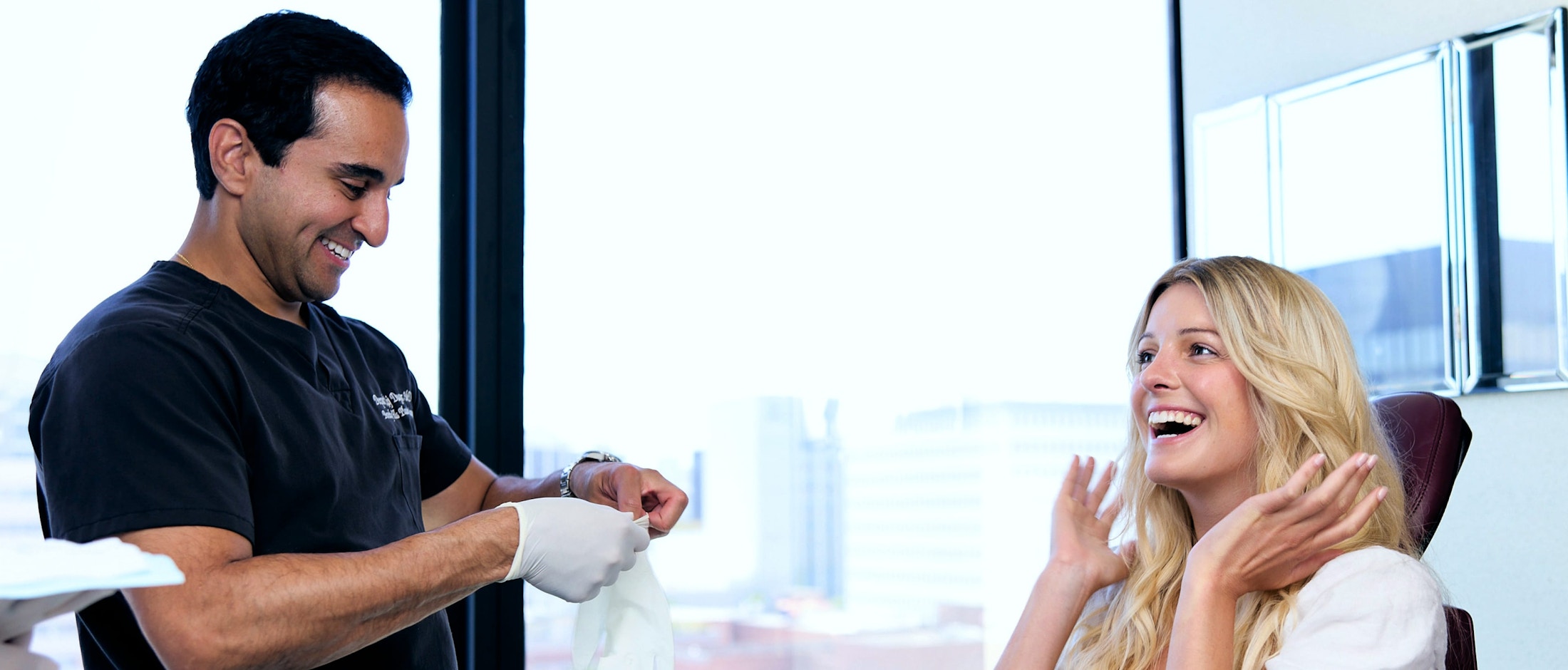Coffee After Rhinoplasty: Discover the Risks
Can I have coffee after rhinoplasty? Patients are advised to refrain from consumption of coffee after rhinoplasty for at least 6 weeks post operative for a multitude of reasons. Here are a few things caffeine in coffee can introduce in your body while it is in an already vulnerable state:
Caffeine can raise blood pressure and heart rate. At this stage of post-operative healing you are already susceptible to bleeding from your nose. Drinking coffee may increase this possibility by raising your blood pressure.
Caffeine may cause dehydration as it increases output of fluid from the kidneys by acting as a diuretic.
Hydration and water are crucial for proper circulation of blood flow to help promote proper and speedy healing. Dehydration that coffee causes will slow your healing and delay your recovery by depriving your body’s tissues of necessary water they require.
Coffee acts as a stimulant, which may promote activity at a time where you are supposed to be giving your body adequate rest to recuperate. Excessive activity during this sensitive period of recovery may raise your blood pressure which may potentially lead to blood vessel rupture and cause a nose bleed, additional inflammation and/or other detriments.
Coffee’s caffeine content may also interfere with your consumption of postoperative medication including mandatory antibiotics and optional pain, sleeping and nausea medications that are prescribed. Depending on the medication, caffeine consumption interactions may enhance caffeine’s detrimental effects or may offset the intended effects of the medication.
For example, caffeine taken in conjunction with pain medication may reduce the effectiveness of the pain medication by introducing a stimulant into your system which has an opposing effect and purpose.
Additionally, certain antibiotics that inhibit certain enzymes in your body may reduce metabolism of the caffeine which would increase its harmful effects.
Patient anatomy, the extent of work that was done, where in the nose work was done and surgical techniques used will cause differences in the patient timeline in terms of healing. Taking into account these potential causes for deviation, it will generally take up to 6 weeks after your rhinoplasty for your nasal bones to fully heal. There are many important biological aspects that factor into this timeline.
Immediately after rhinoplasty, your body’s immune cells will respond to what it perceives as an injury or wound considering your bones, cartilage and tissues were being manipulated internally. Immune cells rush to the area and are fighting to promote healing, repair and prevent infection.
This inflammatory response will subsequently cause swelling that will temporarily distort the appearance of the nose and face, but fully resolve with time should post-operative instructions, including abstaining from inflammatory agents like coffee, be followed correctly.
Additionally, after rhinoplasty, blood vessels in the nose will narrow to decrease blood volume and flow which will subsequently form blood clotting. Cells produced to regenerate your tissues called platelets are released into these clots This will last between 4-7 days should you continue hydration, rest and aversion of dehydrating and inflammatory agents like coffee.
After this 6 week period of refraining from coffee consumption, it is recommended that patients do not overindulge in caffeine and rather slowly reintroduce it into their system. Starting with decaffeinated coffee or low caffeine options initially and slowly building their way back into half portions of fully caffeinated cups before full portions is advised.
Here at Scarless Nose® Rhinoplasty we are experts at pre and post-operative care. It is important to see the value in prioritizing your recovery by following your surgeon’s post-operative instructions diligently, which include abstaining from coffee after rhinoplasty and other caffeinated beverages, alcohol, smoking, etc.
By doing so, you can optimize your chances of a smooth recovery and invest in achieving the best possible results from your rhinoplasty procedure.
If you have any concerns or questions about restrictions during your recovery, our extremely qualified and expertly trained staff is happy to guide you and personalize recommendations to your needs and accommodations.



